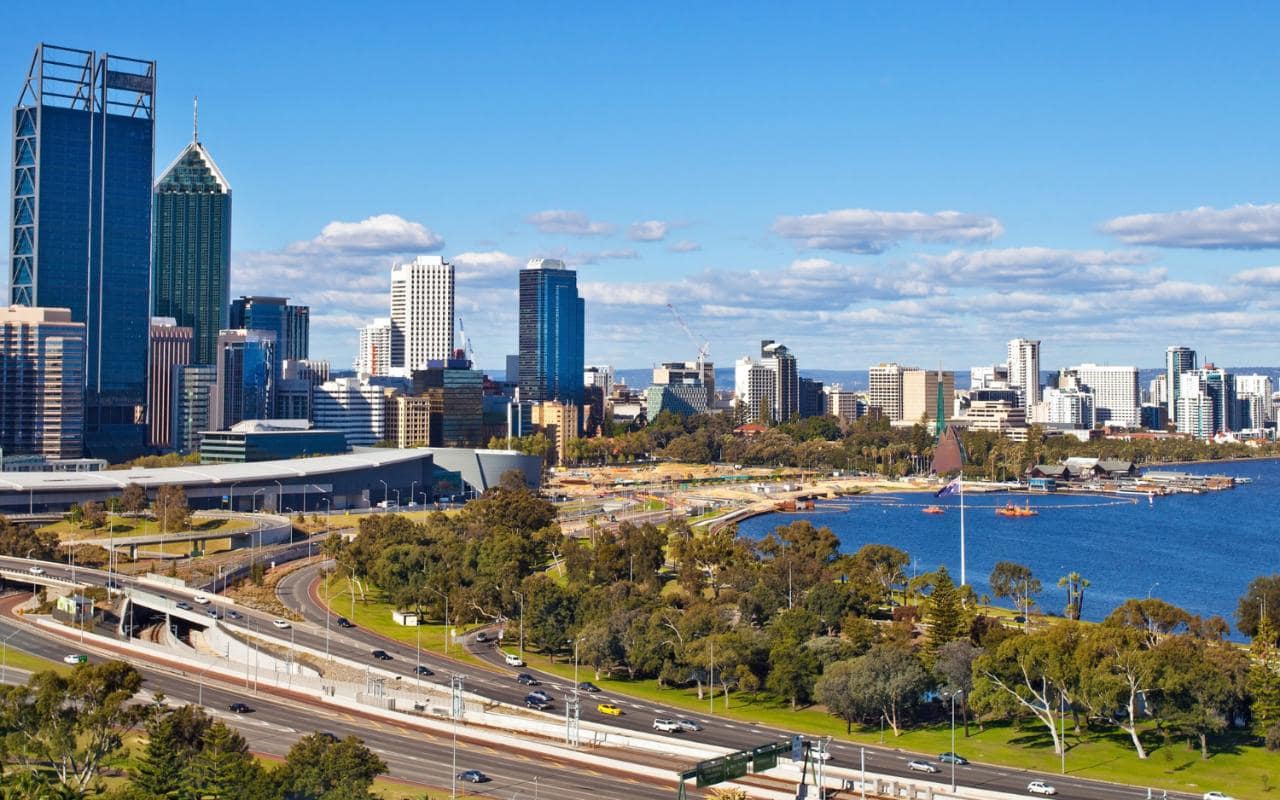Table of Contents
So, school’s over and the world is literally calling. Studying abroad feels exciting, right? New places, people, and beginnings. But before you pack your bags, there’s one major choice you need to make. Do you go for a diploma or a degree? Every year, thousands of students ask the same thing.
The answer? It really depends on your goals, budget, and how fast you want to enter the job world. A degree is more academic and long-term. A diploma is more practical and short-term. Let’s break it all down so you can decide what’s right for you.
What’s the Difference Between a Diploma and a Degree Abroad?
So, you’re fresh out of school and ready to take your first flight. But you are stuck choosing between a diploma or a degree. Don’t worry, this is one of the most common questions students ask before starting their study abroad journey. Let’s break it down for you.
- A degree is a long-term program. It usually lasts 3 to 4 years and gives you a deep understanding of the subject.
- If you’re planning to do a master’s degree later, or want to work in research, a degree is the one for you.
- Now, a diploma is more like a shortcut. It takes 1 to 2 years and is packed with practical skills that can help you get a job quickly.
- Think of it as a practical course that teaches you what you need to jump straight into work.
According to a report by IDP, diploma programs have seen a 27% rise in student interest since 2022. So, what is better? Honestly, it depends on your goals. Want to fast-track your career or save money? A diploma could work. Want long-term growth, flexibility, and a shot at a master’s or global career later? Go for the degree.
Which Is More Affordable: Diploma or Degree Courses Abroad?
Money plays a huge part when deciding to study abroad. And if you’re looking for a budget-friendly way to get international exposure, diplomas often win the cost game. A diploma usually costs a lot less because it’s shorter and more focused. On average, you’ll be looking at $7,000 to $15,000 per year, depending on the course and country. Since most diplomas last only 1 to 2 years, your overall expenses also stay low.
On the flip side, a degree can cost between $15,000 and $40,000 per year especially if you’re eyeing places like the USA, UK, or Australia. And because degrees run for 3–4 years, you’ll also be spending more on housing, food, transport, and other essentials. According to Education Data Initiative (2024), the average cost of a full undergraduate degree in the US, including living costs, is around $104,000. That’s a big number.
So, if the budget is tight or you’re unsure about long-term plans, a diploma is a smart entry point. You can build skills fast, start working sooner, and later decide if you want to go further. And remember, the cost isn’t just tuition. It’s also visa fees, health insurance, flights, housing, and day-to-day life. Always look at the full picture before making your choice.
What Are the Admission Requirements for Diploma vs Degree Courses?
If you’re planning to study abroad after Class 12, the first big question is whether to go for a diploma or a full degree. And once you’ve figured that out, the next step is understanding the entry requirements. In fact, many countries, like Canada, Australia, and New Zealand, have made it much easier for Indian students to apply for diploma programs right after school.
These courses usually have simpler application processes, flexible grade cutoffs, and fewer documents. But if you’re targeting a full bachelor’s degree in places like the UK, USA, Germany, or the Netherlands, expect a bit more competition. Below are the admission requirements for Diploma vs Degree Courses:
| Requirement | Diploma Programs | Degree Programs |
| Academic Scores | Usually need 50–60% in Class 12 (depends on course and country) | Mostly ask for 60–80% or more, especially in top universities |
| English Proficiency | IELTS 5.5+, PTE, Duolingo accepted | IELTS 6.0–6.5+ or TOEFL more strict |
| Entrance Exams | Rarely needed. Makes it easier for average scorers | Might be required in USA, UK, India (SAT, ACT, UCAS, etc.) |
| Work Experience | Not required, just finish Class 12 and you’re good | Optional, but it helps, especially for business or arts |
| SOP (Statement of Purpose) | Usually short, or not asked at all | Required, and it better be good. It shows why you want that course |
| Letter of Recommendation (LOR) | Not always needed | Common, many universities ask for at least 1–2 references |
Which Option Has Better Career Scope After Graduation?
Honestly, it depends on what kind of job you’re aiming for. Both diploma and degree holders can get good jobs abroad, but the scope and level of opportunities do differ. According to a 2024 Canadian Labour Market Report, over 70% of diploma graduates in fields like IT support and healthcare assistance found employment within 6 months of finishing their course. However, degree holders generally earn 20–40% more annually in countries like the UK and Australia.
- Degree Programs open more doors in the long run. Especially roles that require professional licenses, postgraduate studies, or research experience. Sectors like engineering, IT, business management, law, and healthcare often prefer candidates with at least a bachelor’s degree.
- Diploma Programs are great for quick entry into the workforce. You’ll gain hands-on skills and can start working faster. This works well in industries like hospitality, culinary arts, early childhood education, automotive tech, or digital media.
Go for a degree if you’re aiming for a long-term professional career. Pick a diploma if you want to work fast, build experience, and maybe study further later.
Can You Upgrade from a Diploma to a Degree Later?
This is one of the biggest advantages of starting with a diploma. Many countries let you “transfer” your credits from a diploma into a degree program later. It’s called a “pathway” or “articulation” program. Here’s how it works:
- You do a 1–2 year diploma and then join a university in year 2 or 3 of a degree (depending on your field and grades).
- This is common in countries like Canada, Australia, New Zealand, and even parts of Europe.
- It’s a smart move if you’re not ready financially or academically for a full degree.
Let’s say you do a Diploma in Business Administration in Canada. After 2 years, you can apply to transfer to a university and complete a Bachelor of Business in just 1.5 to 2 more years. Make sure your diploma is from an accredited college that has a transfer agreement with universities. Not all diplomas are eligible for credit transfer, so ask before you apply.
Conclusion
Whether you choose a diploma or a degree, the most important thing is picking what matches your goals, learning style, and budget. Some students are ready to dive deep and commit to a 3–4 year degree. Others prefer to test the waters with a short diploma and get working faster. And while you’re figuring out your course and country, don’t forget one of the biggest things where you’ll live.
Finding safe and comfortable student accommodation abroad can be tricky, especially when you’re starting out. That’s where University Living steps in. Whether it’s a shared apartment, a private studio, or student housing near campus, we’ve got you covered. So, ready to take the next step? Let us help you book your student home abroad today.
Frequently Asked Questions
Which is more beneficial – a degree or a diploma?
It depends on what you want. A degree gives you deeper knowledge, more career flexibility, and is usually more respected by employers. A diploma is faster, cheaper, and job-focused. It is great if you want to start working sooner. Think about your budget, timeline, and long-term goals before choosing.
Does a diploma have value abroad?
Yes, it does. Many international diploma courses are designed to teach practical, job-ready skills. In fact, in countries like Canada and Australia, diplomas are a common pathway into the job market or even a future degree. So if the course and country are right, it can be a smart move.
Who earns more: diploma or degree holders?
A degree usually brings in a higher starting salary. Diploma grads in India earn around ₹2–4 LPA to start. Degree holders often make around ₹3–6 LPA right out of college.
But again, your skills, field, and location play a huge role in how much you earn, not just your qualification.
Can I go abroad after a diploma?
Absolutely, yes. After your diploma, you can apply for a bachelor’s program abroad, or even a specialized advanced diploma. Countries like Canada, Australia, New Zealand, and the UK recognize Indian diplomas just check the university and visa rules carefully.
Which diploma is most in demand in 2025?
Here are some of the hot picks:
Data Science & AI – Python, ML, SQL
Cybersecurity – Ethical Hacking, Network Security
Digital Marketing – SEO, SEM, Analytics
Electric Vehicle Tech – Battery Systems, Power Electronics
These fields are growing fast, and companies need skilled talent diploma or not.
Can I teach abroad with just a diploma?
In most cases, you’ll need a bachelor’s degree to teach abroad. Especially for English teaching roles. But there are exceptions. Countries in Southeast Asia, Latin America, and Eastern Europe sometimes hire diploma holders if you have a TEFL/TESOL certificate and some experience. So it’s not impossible, just a bit more competitive.













